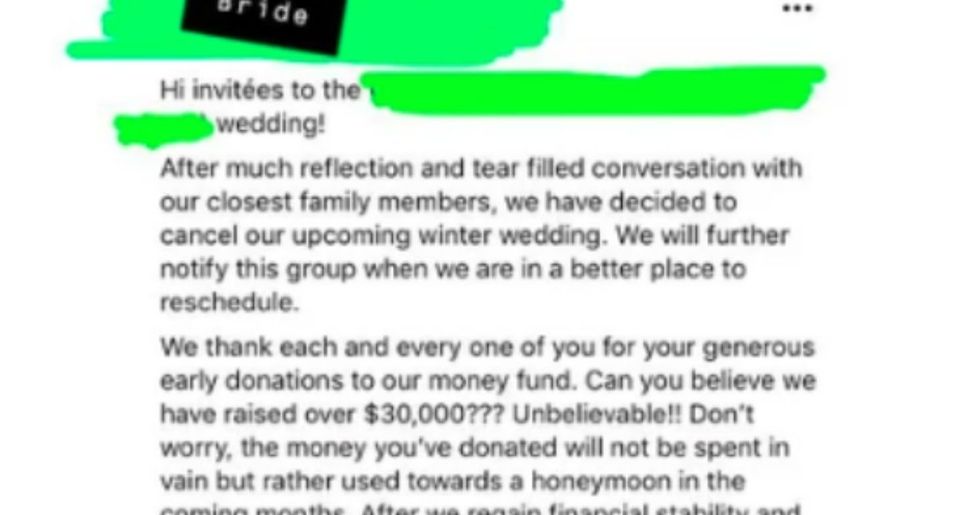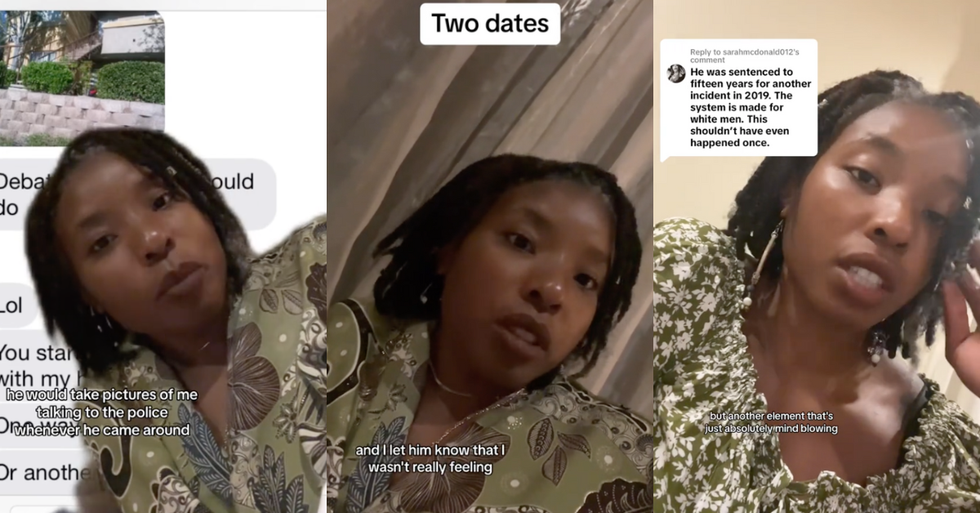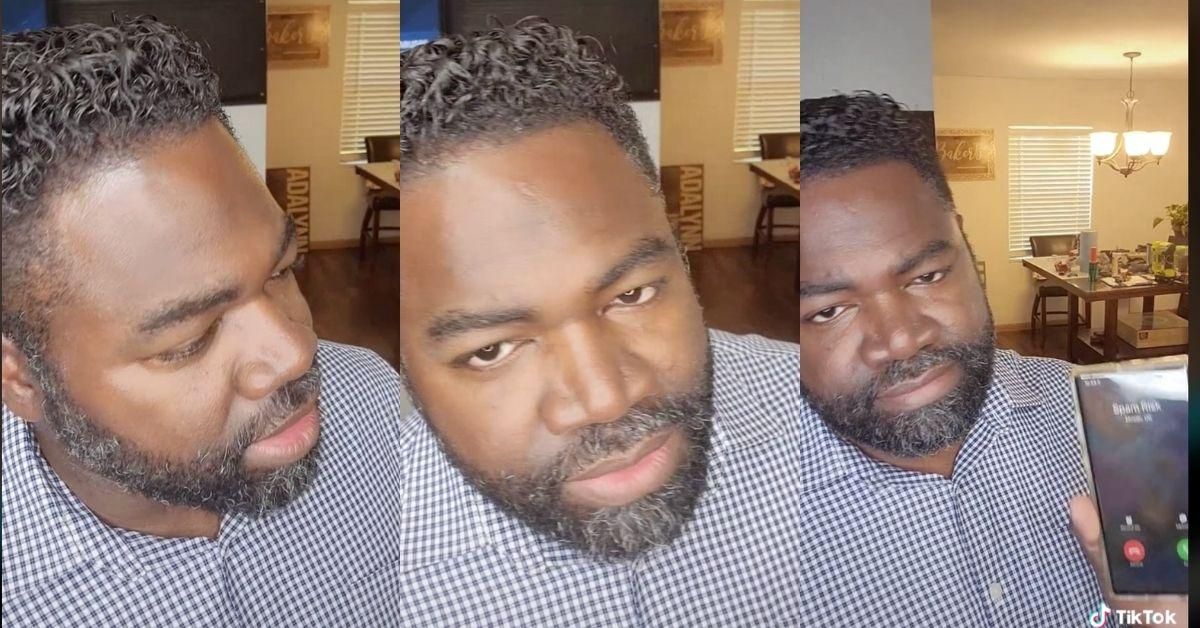With scam callers on the rise and taking advantage of gullible people, one TikToker decided to turn the tables on a nuisance caller who tried to ensnare him.
TikTok user @1roy_jr posted a video with the caption, "CIA Fraud Division Coming to a dial tone near you," where he answered a call indicating it was a "spam risk."
Most people would ignore such a call, but Roy demonstrated how he deals with scammers by using his deep, smooth voice as a weapon.
@1roy_jr CIA Fraud Division Coming to a dial tone near you #fyp #foryou #myroyvoice #scam #extendedwarranty #stopcallin #deepvoice #prankwars #comedy #funny
Using his best voice interpretation of a CIA representative – which he is clearly not – Roy answered:
"Hello. Thank you for calling the CIA."
"You've reached our Scam and Fraud Division. All of our agents are currently assisting other callers."
"To further assist you, please hold while we download your incoming and outgoing call logs to be analyzed against our database of known scam and fraud operations."
He concluded his spiel with:
"An agent will be with you shortly.
In response, the caller on the other end immediately hung up the phone.
Roy said:
"That's what I thought."
The video posted over a week ago went viral with over 9.3 million times views and 2.4 million likes.
The dulcet tone of Roy's CIA voice was suddenly in high demand.




Others found Roy's voice irresistible.






The number of reported scam callers preying on individuals in an attempt to retrieve their personal information has dramatically increased since the start of the pandemic.
Scammers use the internet to make calls from around the world, regardless of whether or not recipients are on the National Do Not Call Registry.
The Federal Trade Commission (FTC) consumer report said the best defense against unwanted calls was to block them.
Scammers are known to spoof phone numbers to trick you into responding, but keep in mind government agencies will never ask you for your private information or money.
So if you feel pressure to provide such information or make a payment, it is best to just hang up.
The FTC suggested people should never share personal or financial information over the phone, text messages, or email.
 COMICSANDS
COMICSANDS percolately
percolately georgetakei
georgetakei secondnexus
secondnexus george's picks
george's picks












